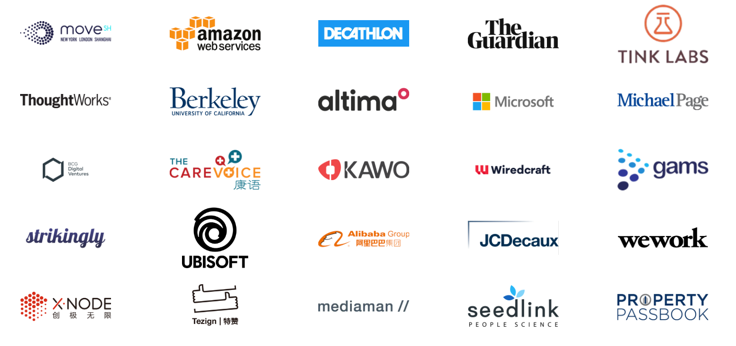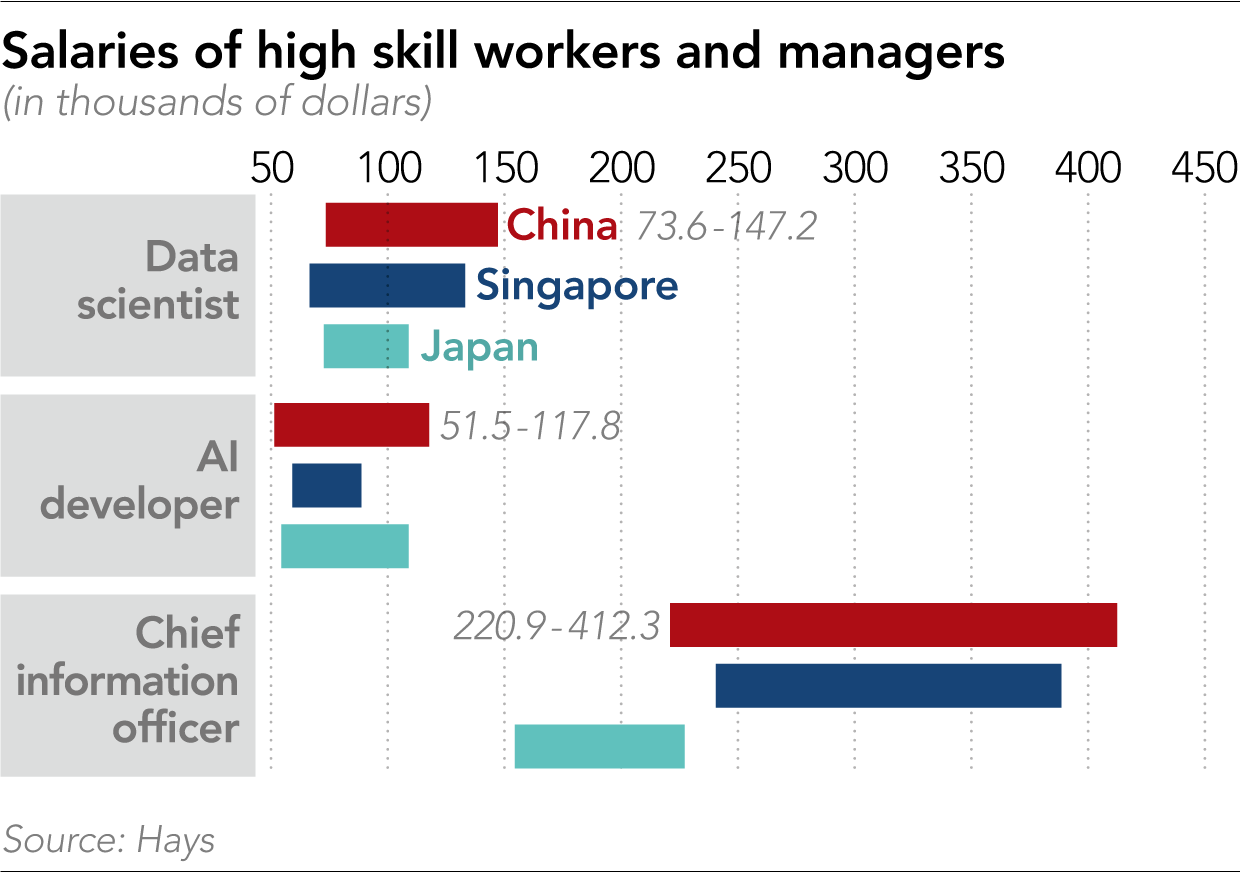Why you should learn data science in China
Data is the new gold, and data is everywhere in China. Le Wagon is opening its first intensive training in data science in Shanghai. Here's why.


Most sought after role? Data Scientist! 18% of all jobs open at this event. In fact, we noted 30% of the job opportunities we received during all of 2019 from our hiring partners (700+ and counting) were data-related jobs. Analyst, Engineer, or Scientist were the most common ones – although under such title would greatly vary the definition and toolkit.

We find in China and Europe that hiring data scientists with good business skills, people skills, and data skills to be the hardest part of our jobs. When we have been restructuring, we usually fire or stop hiring for managers and other jobs, but never for data scientist. Those guys were always treated like gold no matter which country I have been in.

At the beginning of Le Wagon in 2013, data wasn’t mature enough. Today this job sector is much more organized and clearer
This investment has a high return: data scientists are hired at ¥330,000 – ¥360,000 at Huawei, ¥290,000 – ¥310,000 at Taobao. This field can pay big money after 5-10 years of experience: according to global recruitment company Hays, data scientists in China have seen some of the most significant gains in compensation in 2019. The highest salaries in that specialty were at 1 million yuan (US$147,600). That is more than in either Singapore or Japan, where wages for similar positions top out around US$133,000 and US$109,000, respectively.

We don’t say that a bootcamp can match with the Ph.D. level of candidates from Tsinghua or Peking University. However, coming out of the data science program, graduates can join a data team as a junior data scientist, data analyst, or data engineer. Today, data specialists will almost NEVER code an algorithm from scratch or derive any sort of math formula. In the business world, companies care about results. A data expert who leverages existing tools will outperform one who tries to do everything from scratch. As long as you can prove that you have these skills, someone will give you a shot.
Graduates from Le Wagon’s data science course will know how to collect, store, clean, explore, transform, and predict Data in production environments. They have already practiced how to implement a personalized recommendations system, a search engine, an image recognition app, a supply chain optimization tool, or an e-commerce promotion & pricing app… all sorts of applications that are with us every day in China…

Change your life: learn to think like a data scientist in China.


Computer science majors Francisco Azevedo, 25 and Manuel Sepúveda, 23, both from Lisbon, take relevant

As long as you’ve got the ability and determination you’ll have a great career ahead